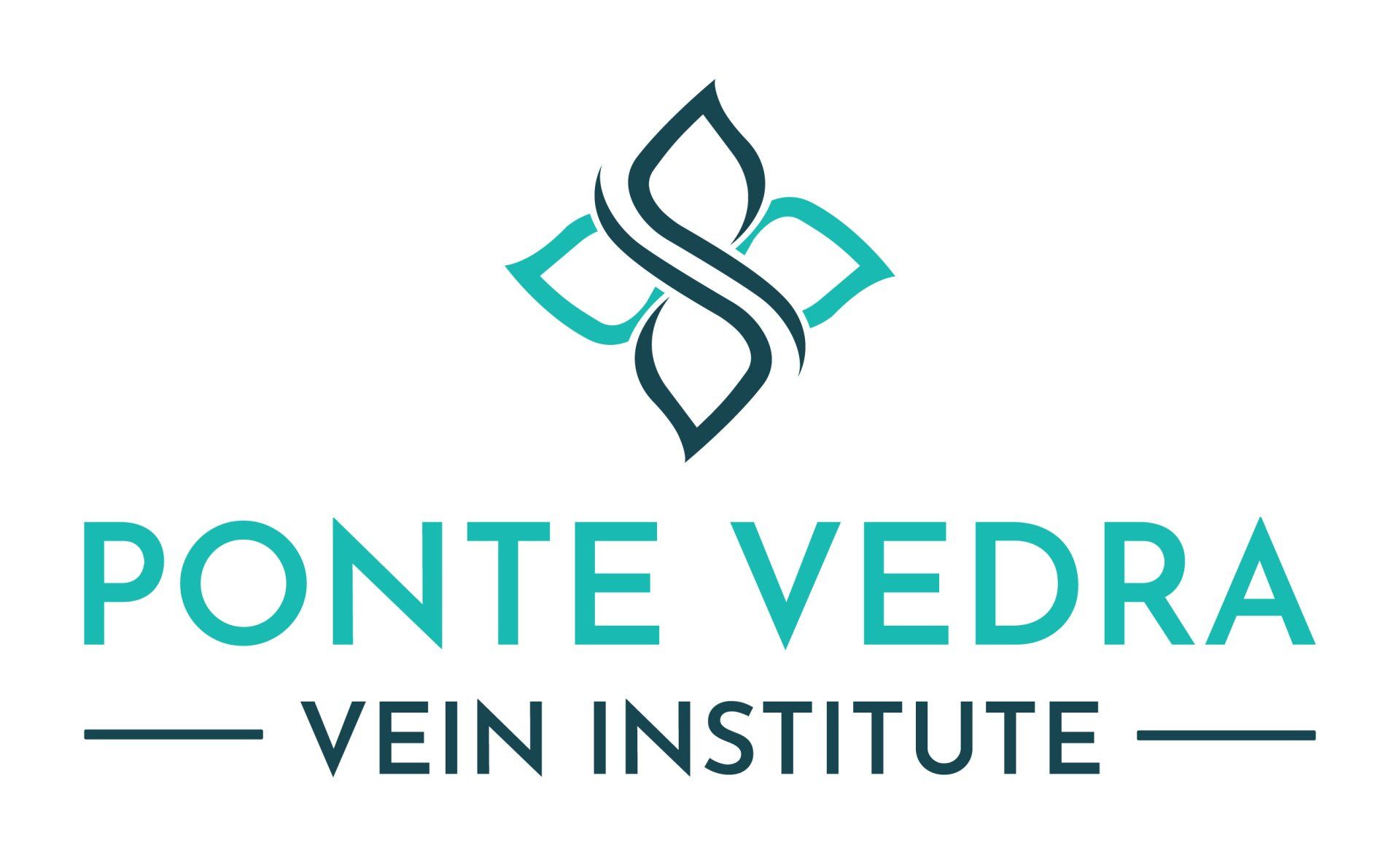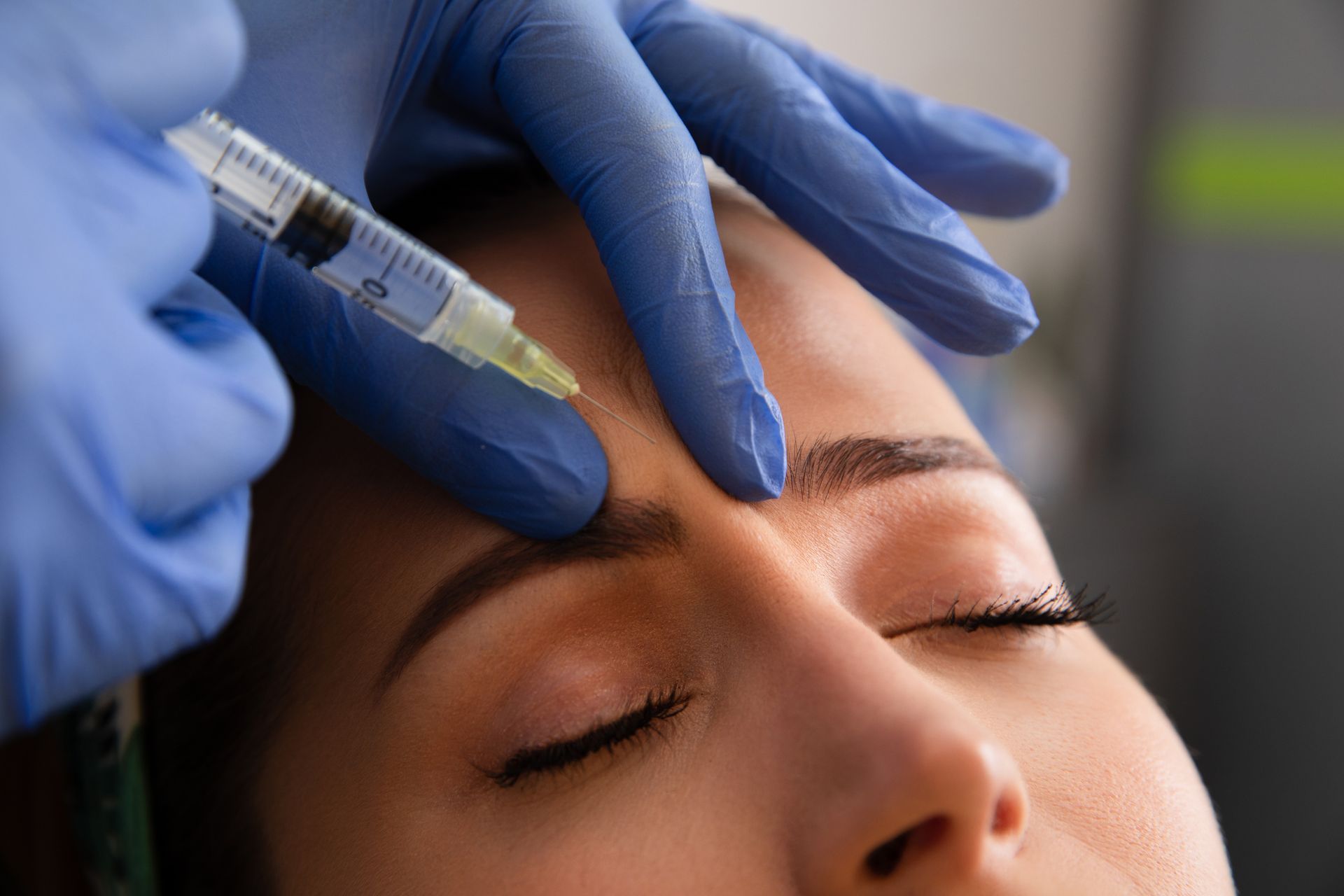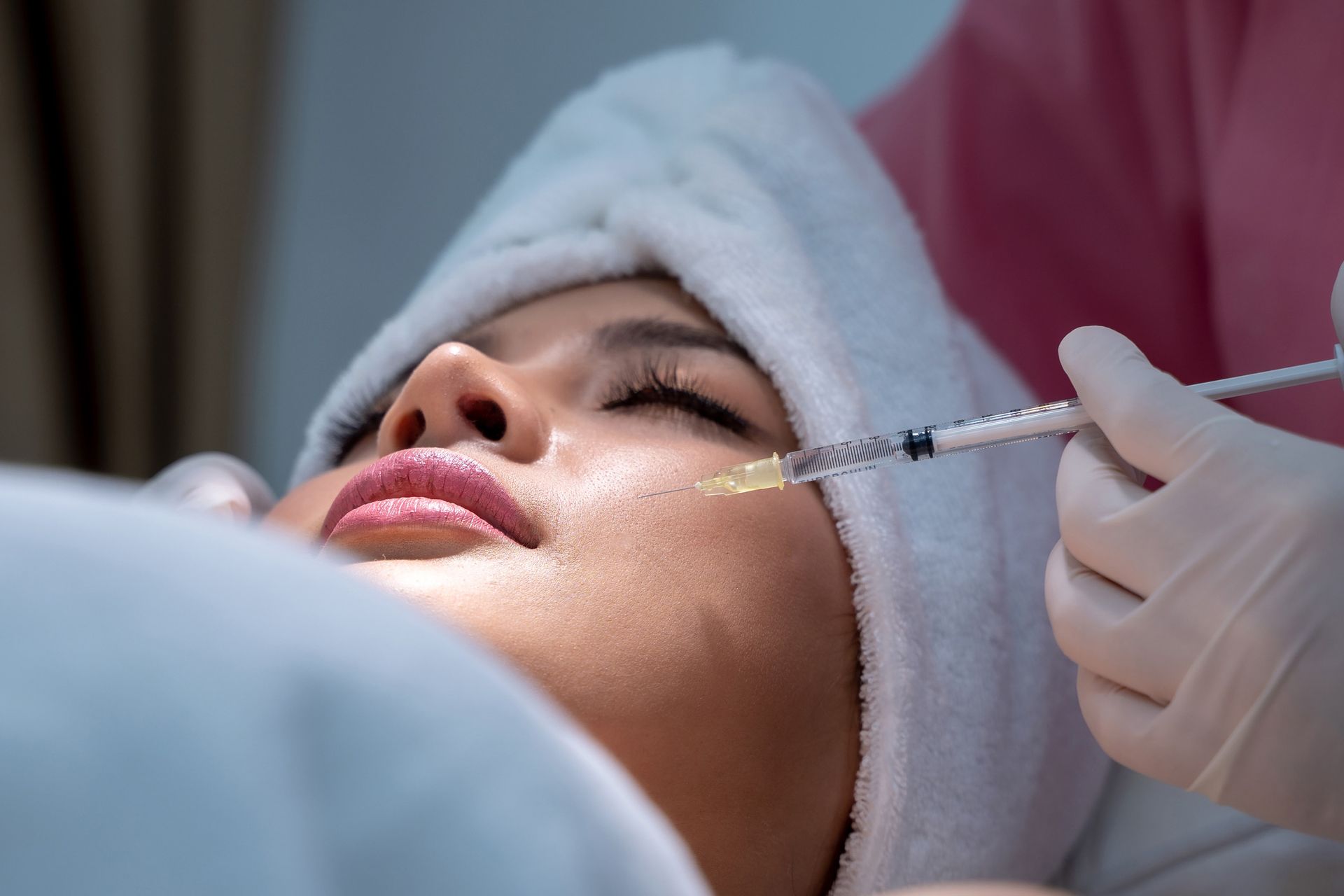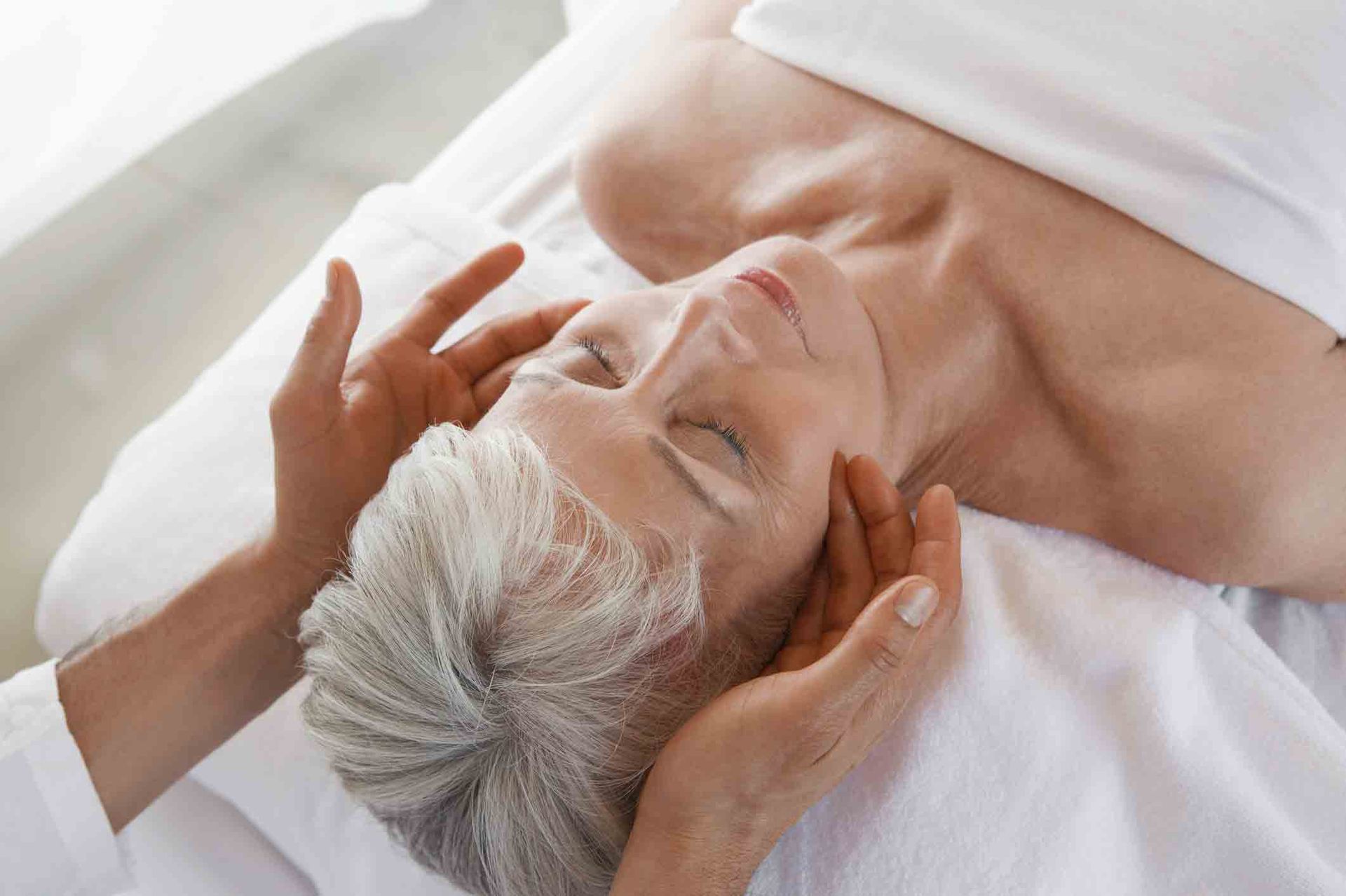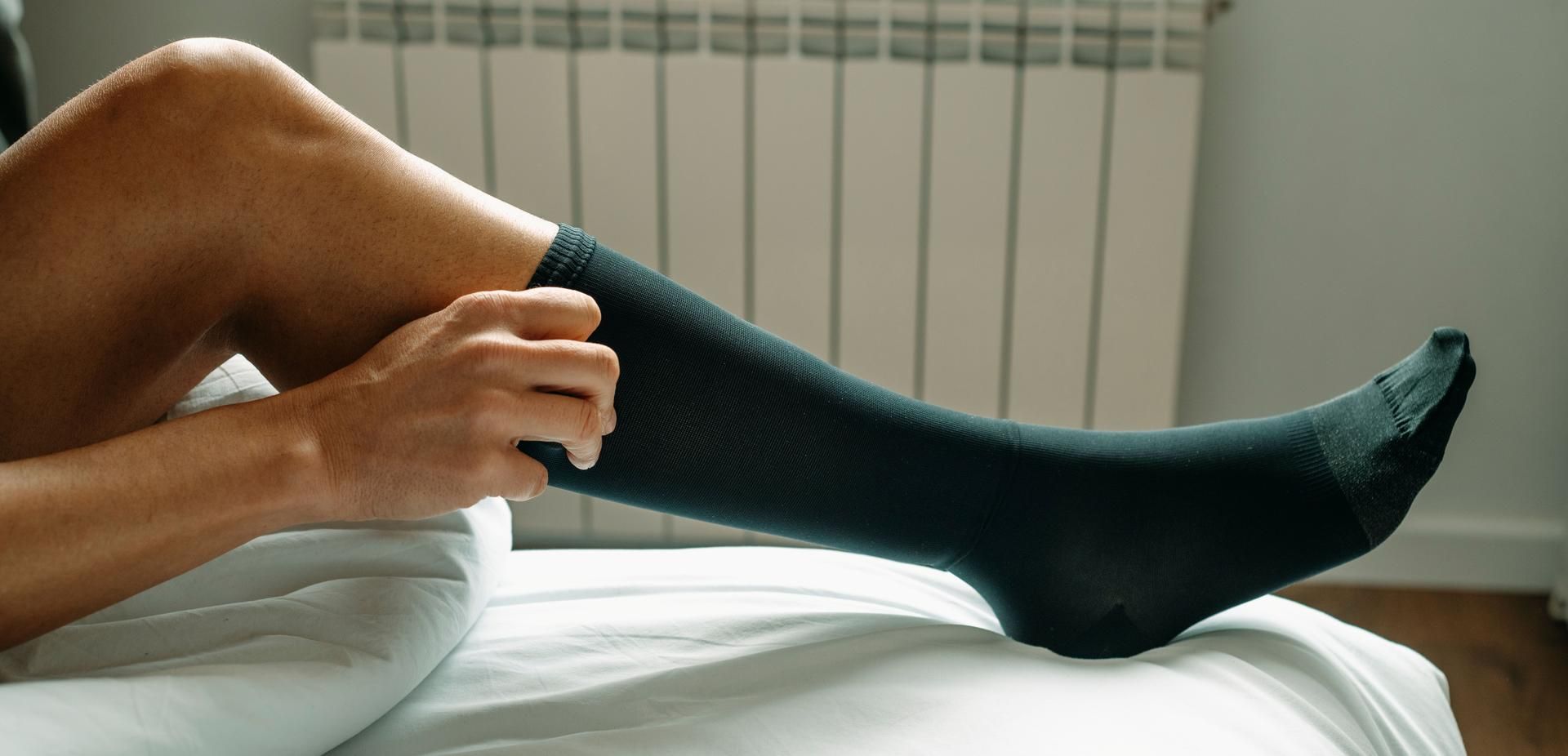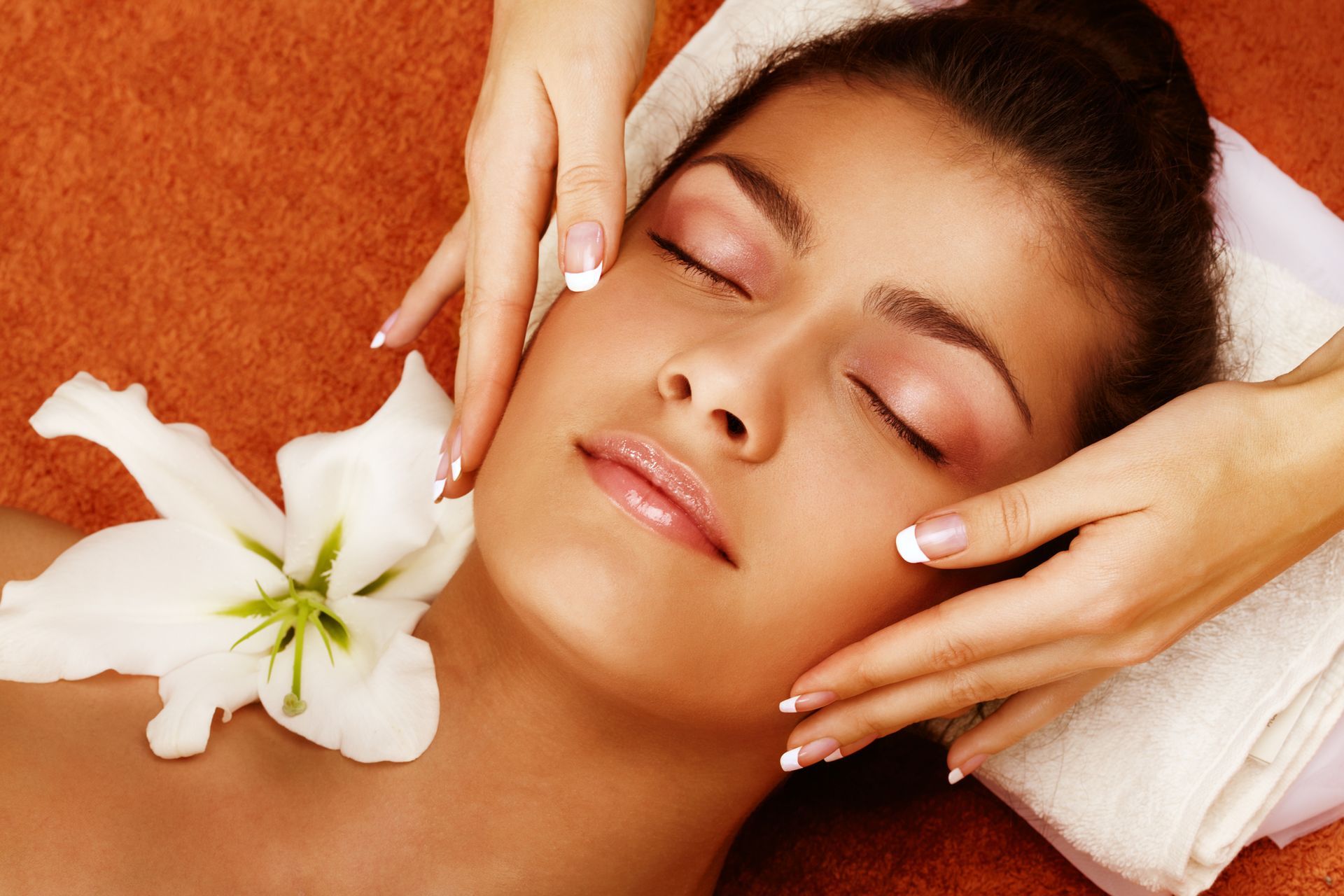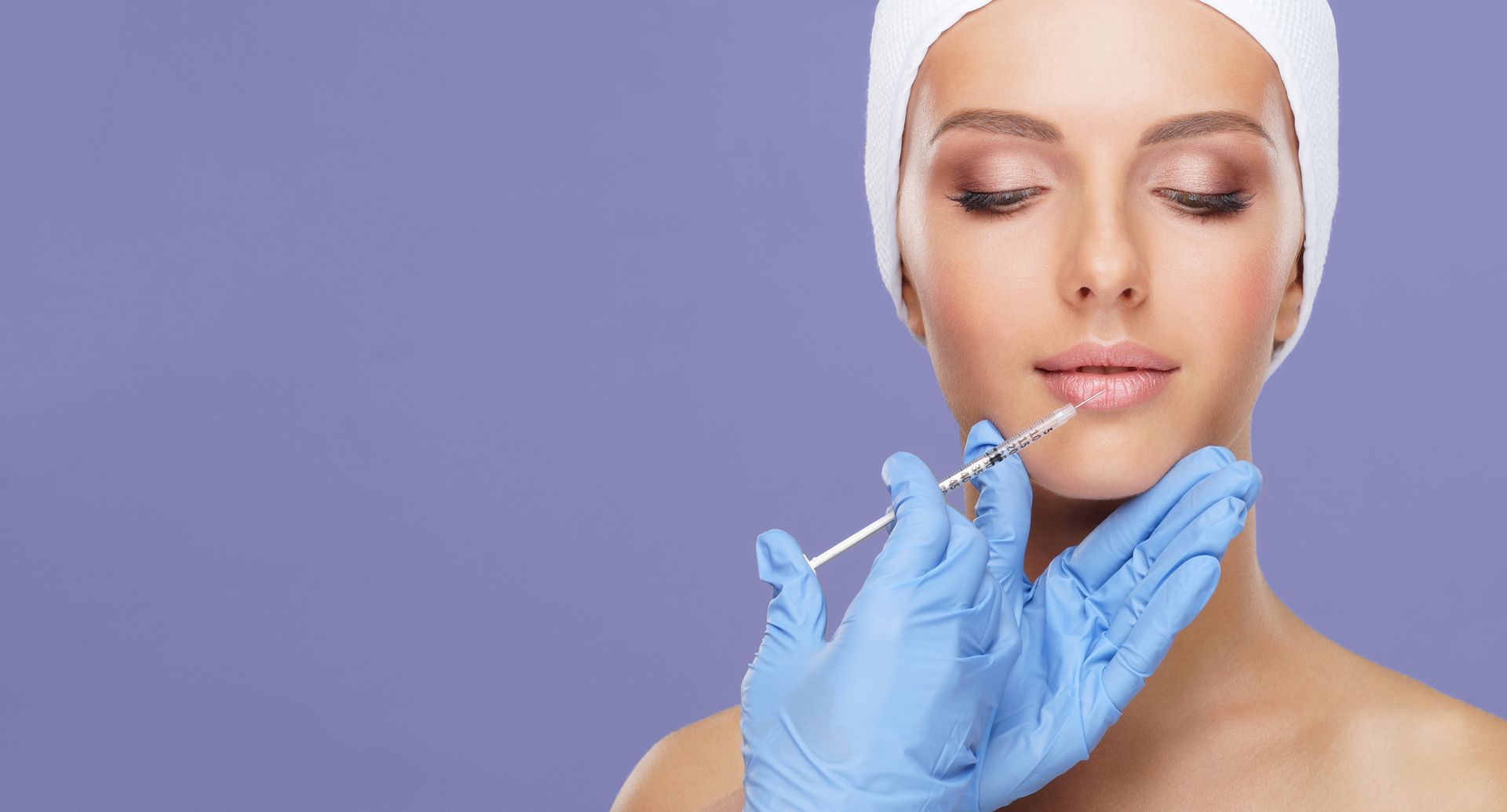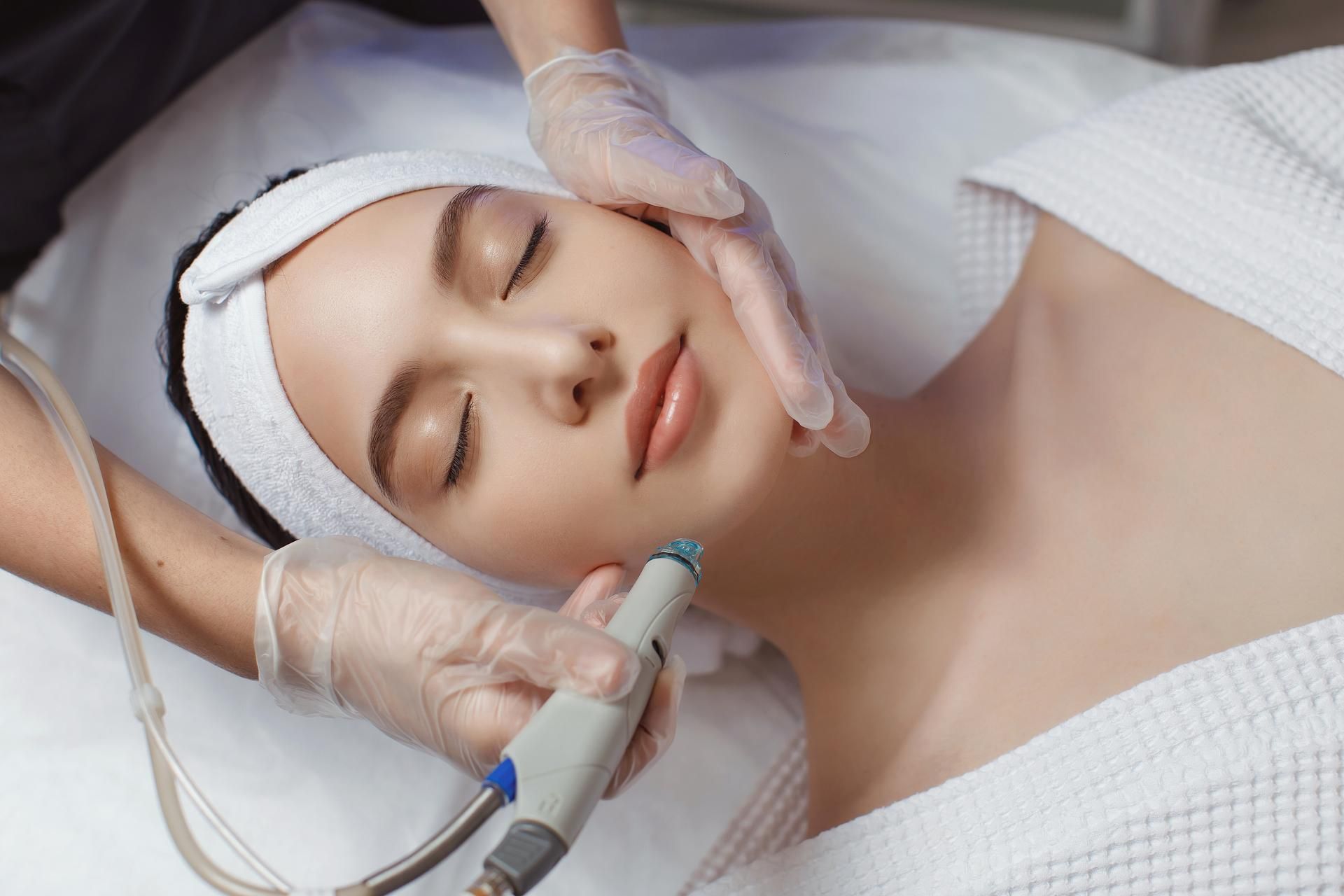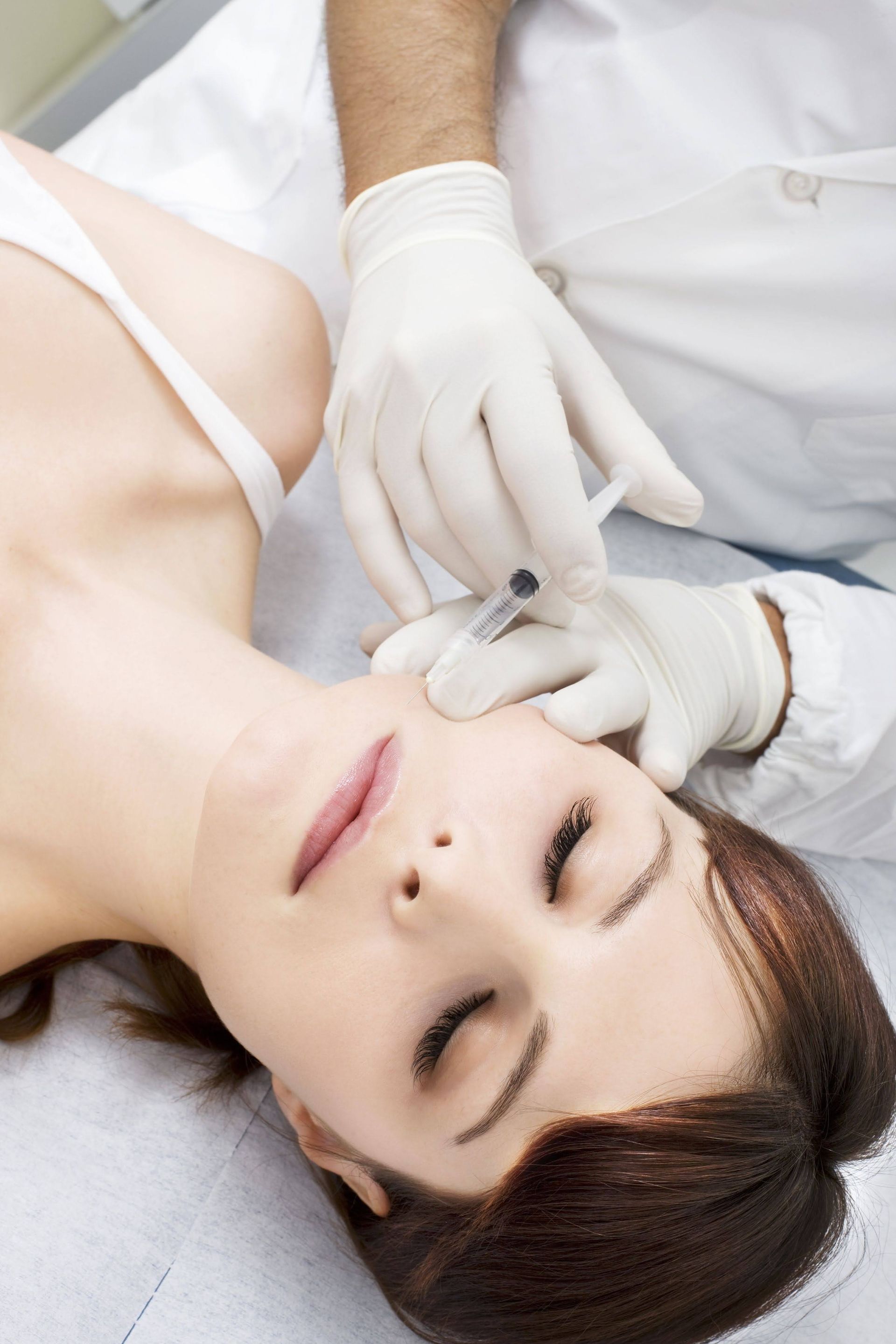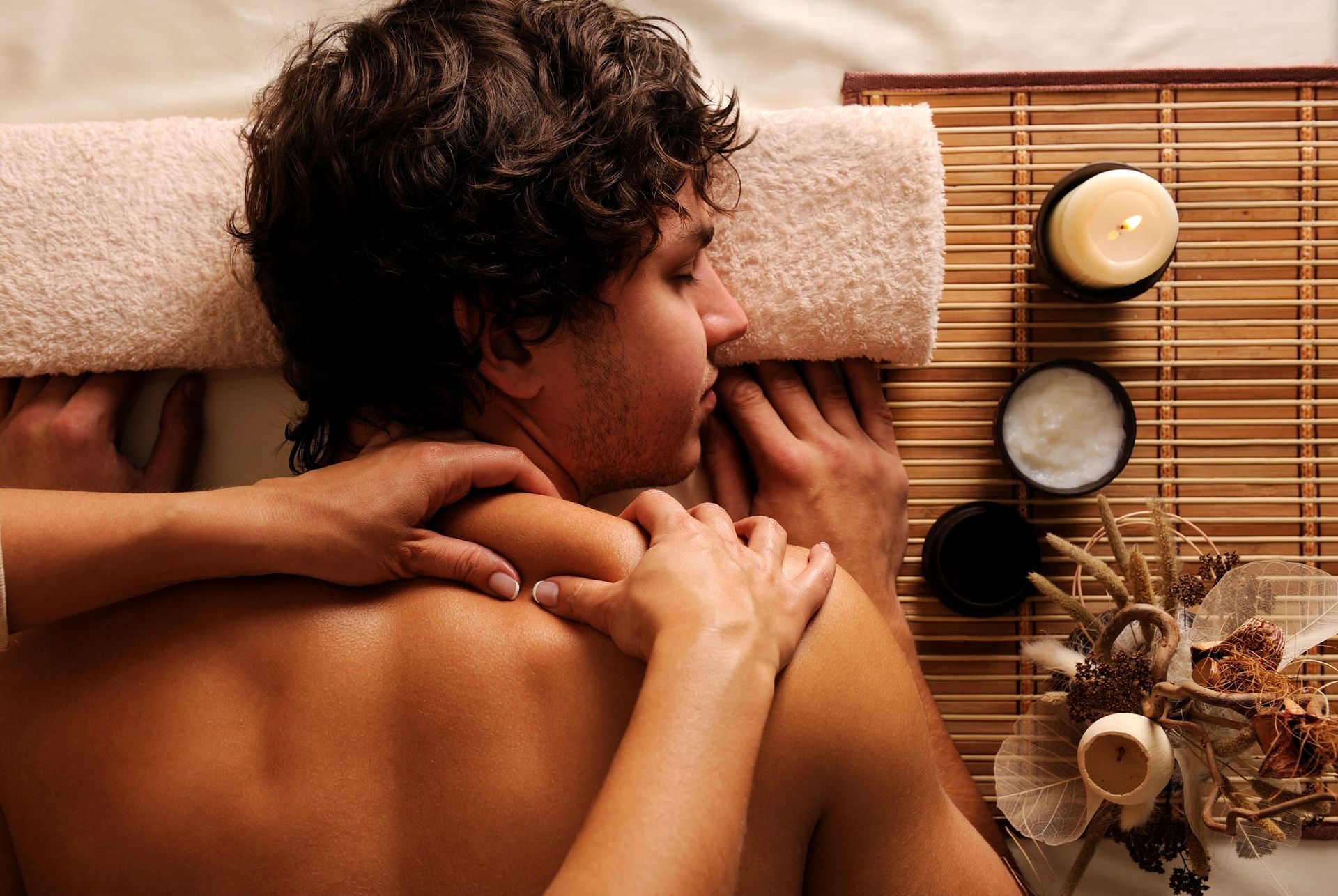Ablation at the Heart of Varicose Vein Solutions
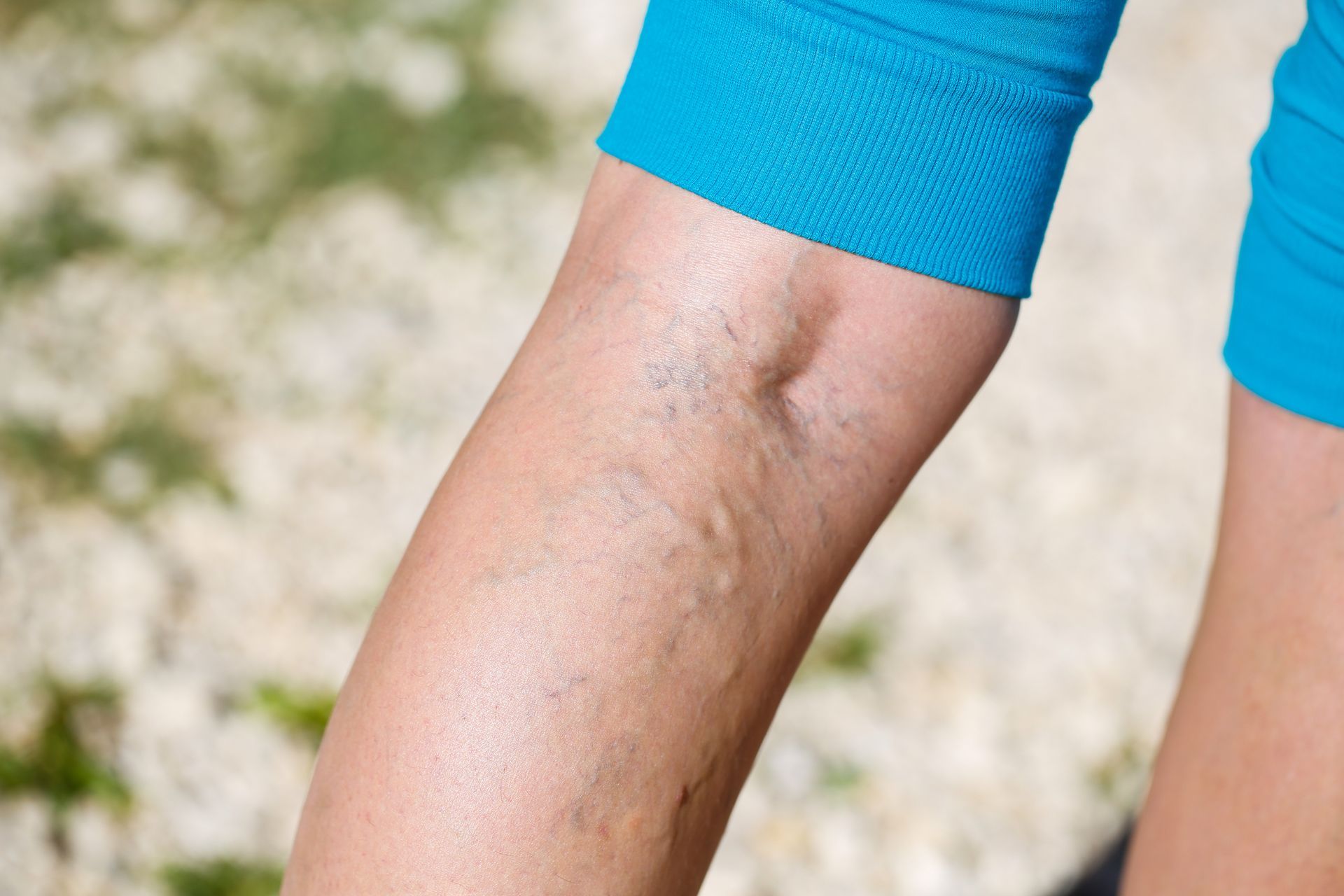
Varicose veins can be more than a mere cosmetic nuisance. The discomfort, swelling, and skin ulcers they cause can significantly impact the quality of life for those affected. However, a relatively lesser-known treatment known as radiofrequency ablation (RFA) has emerged as a game-changer. For those ready to step into the latest vein health solutions, here's why RFA could be the answer you've been looking for.
The Vein Problem in Focus
Varicose veins are a common issue, often characterized by twisted, enlarged veins near the surface of the skin. The condition originates from a malfunction of the one-way valves in the veins, which normally help blood return to the heart against gravity. When these valves fail, blood pools in the veins, causing them to stretch and twist.
For many people, varicose veins are a mere inconvenience, but for others, they can cause significant discomfort. Symptoms include aching pain, a feeling of heaviness in your legs, swelling, itching, and skin ulcers. Lifestyle changes such as regular exercise, elevating the limbs, and wearing compression stockings can alleviate symptoms, but for long-term relief, medical intervention is often necessary.
Traditional surgical treatments like vein stripping are effective but can be quite invasive and involve a longer recovery period. This is where radiofrequency ablation steps in — offering a minimally invasive, outpatient procedure with a faster recovery time.
What Is Radiofrequency Ablation (RFA)?
Radiofrequency ablation is a procedure that uses heat generated by radiofrequency energy to seal and close varicose veins. The technique involves inserting a small catheter into the vein, where it delivers radiofrequency energy to the wall of the vein, causing the vein to heat up, collapse, and become sealed shut. Blood then naturally reroutes through healthier veins.
The key benefits of RFA are its minimally invasive nature, its effectiveness, and the fact that it allows patients to return to normal activity more quickly than traditional surgeries.
Advantages of RFA Over Traditional Vein Treatments
RFA has rapidly gained popularity as the preferred method for treating varicose veins due to the following advantages:
Minimally Invasive
Compared to vein stripping, the traditional method for treating varicose veins, RFA involves minimal incisions and less scarring. This reduced trauma to the body means less pain, a lower risk of infection, and a quicker return to normal activities.
High Success Rate
RFA boasts a high success rate in closing off the affected veins, and patients often report immediate relief from symptoms. Follow-up studies show that this relief is not only immediate but also durable, with a low rate of vein recanalization.
Outpatient Procedure
RFA is typically performed on an outpatient basis, meaning that you can return home the same day, rather than having to stay in the hospital. This not only saves healthcare costs but also allows for a quicker recovery in the comfort of your own home.
Local Anesthesia
The procedure is usually performed under local anesthesia, which makes it safer for those who may not be good candidates for general anesthesia.
Is RFA Right For You?
If you suffer from varicose veins and want to explore treatment options, RFA could be a good choice for you if:
- You have symptoms that affect your quality of life.
- Conservative treatments such as lifestyle changes, compression stockings, and elevation of the limbs have provided little to no relief.
- You are not pregnant or bedridden.
- You do not have a history of deep vein thrombosis (DVT).
Discuss these factors with your healthcare provider to determine if RFA is an appropriate treatment for you.
The Path to Vein Health
When it comes to addressing varicose veins, understanding the available treatments is key. With minimally invasive and effective radiofrequency ablation at the forefront, patients now have a powerful tool to combat this common ailment.
In the end, the best treatment for varicose veins is the one that is most beneficial to each individual patient from a physical, practical, and personal standpoint. By staying informed and seeking the advice of a vein specialist, you can take the next step towards living freer from the discomfort of varicose veins. To learn more about RFA, contact us today.
